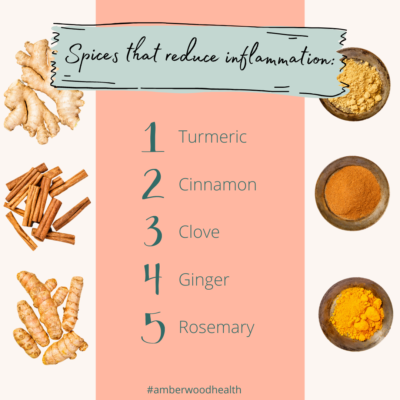Low Dose Naltrexone

Innovative Therapy for Autoimmunity
With the astonishing rise of autoimmune diseases, we need effective treatment strategies. Studies on low dose naltrexone (LDN) are encouraging. We can use this information along with what is being seen clinically or anecdotally. Treatments that are safe but don’t bring in lots of money are unlikely to be given much attention by the conventional system. Research dollars will also be limited.
Research on LDN
The studies that do exist include treatment on cancer, multiple sclerosis, Crohn’s disease, fibromyalgia, and autism. For patients with Crohn’s the rate of remission was 70% with complete healing of the gastrointestinal mucosa without any side effects. If you know anyone with Crohn’s disease you’ll understand how debilitating the disease can be and conventional treatments are often ineffective so this is very encouraging.
Hashimoto’s, Infertility & Arthritis
In my clinic I have seen LDN work in a variety of autoimmune diseases like Hashimoto’s, rheumatoid arthritis and chronic fatigue syndrome. It is also used in neurodegenerative disorders like Parkinson’s and Alzheimer’s. In the United Kingdom, it is being used by one clinic to treat infertility with excellent success. The reason it is working is because it is regulating the immune system and reducing inflammation. In Functional Medicine, we know these two factors are at the root of most chronic disease.
I’ve had patients who don’t feel well but don’t know why. This can be a major factor in mental health especially when their doctor has told them their symptoms are in their head. I look for indications of specific autoimmune disorders in lab work. When a patient feels better on an autoimmune protocol this is sometimes enough to explore LDN as a treatment. With no side effects and positive results, there is little reason not to. One patient was able to stop daily use of opiods after 20 years of use. These stories are why I do what I do.
Related Posts
 How Stress Kills: Social Determinants of Health
How Stress Kills: Social Determinants of Health





